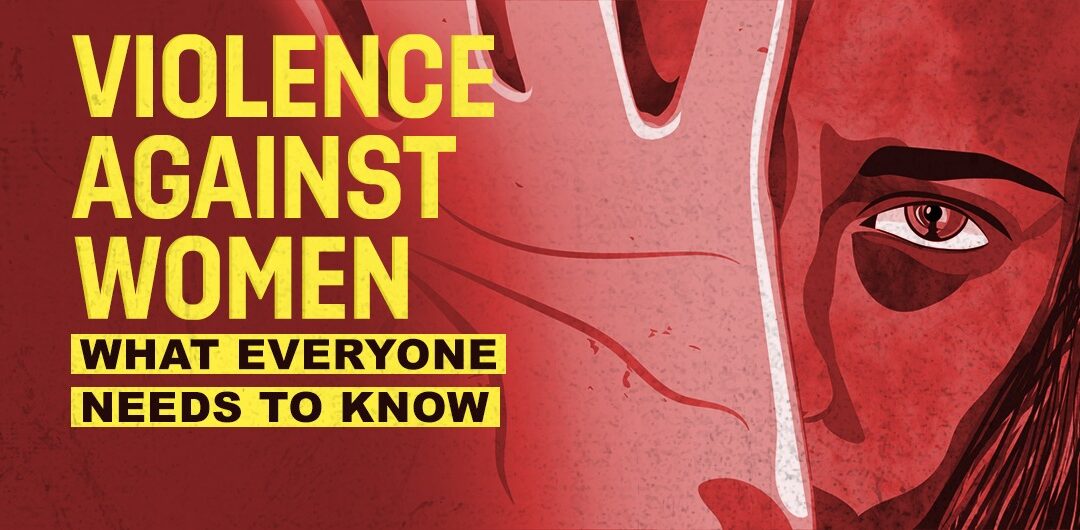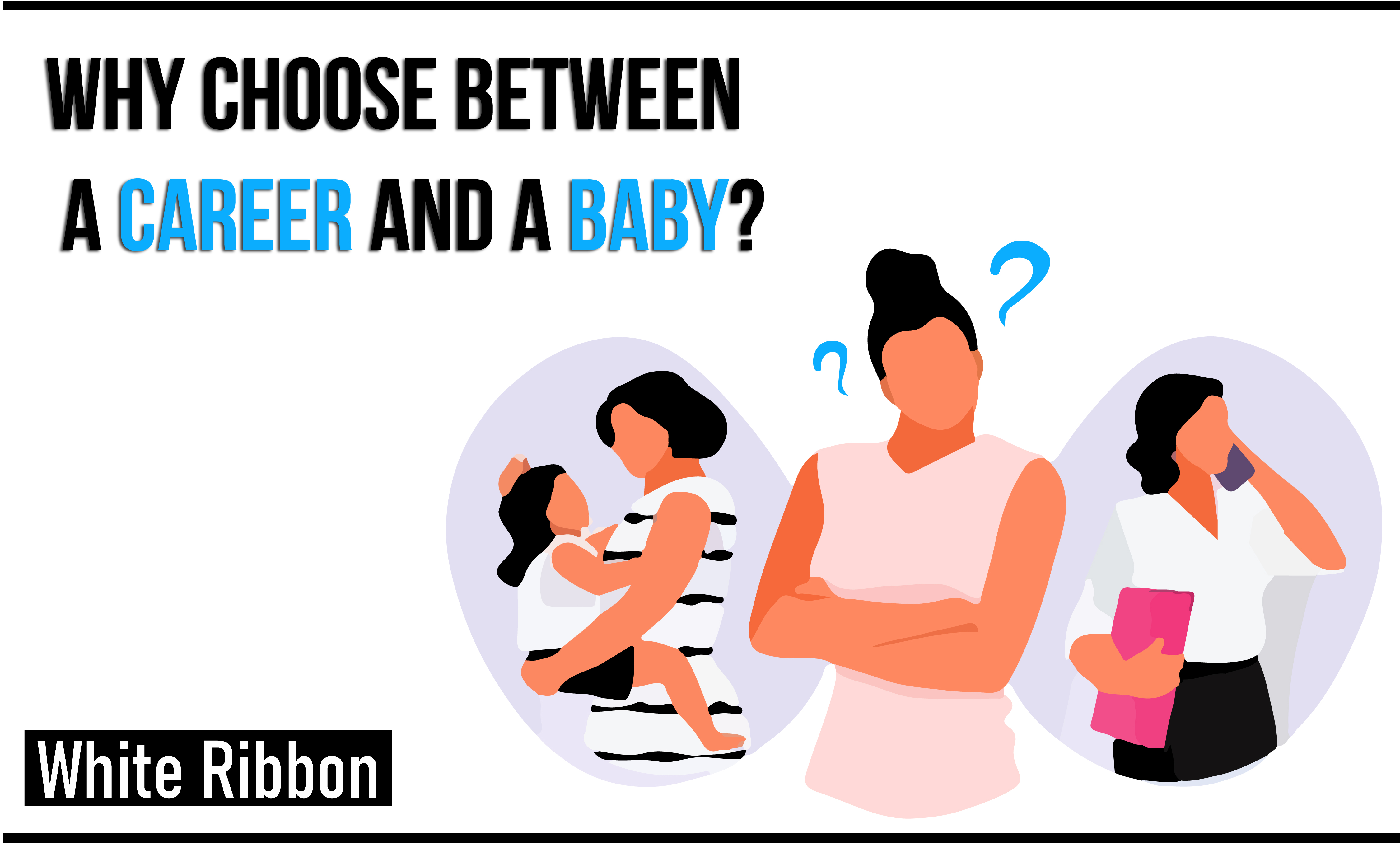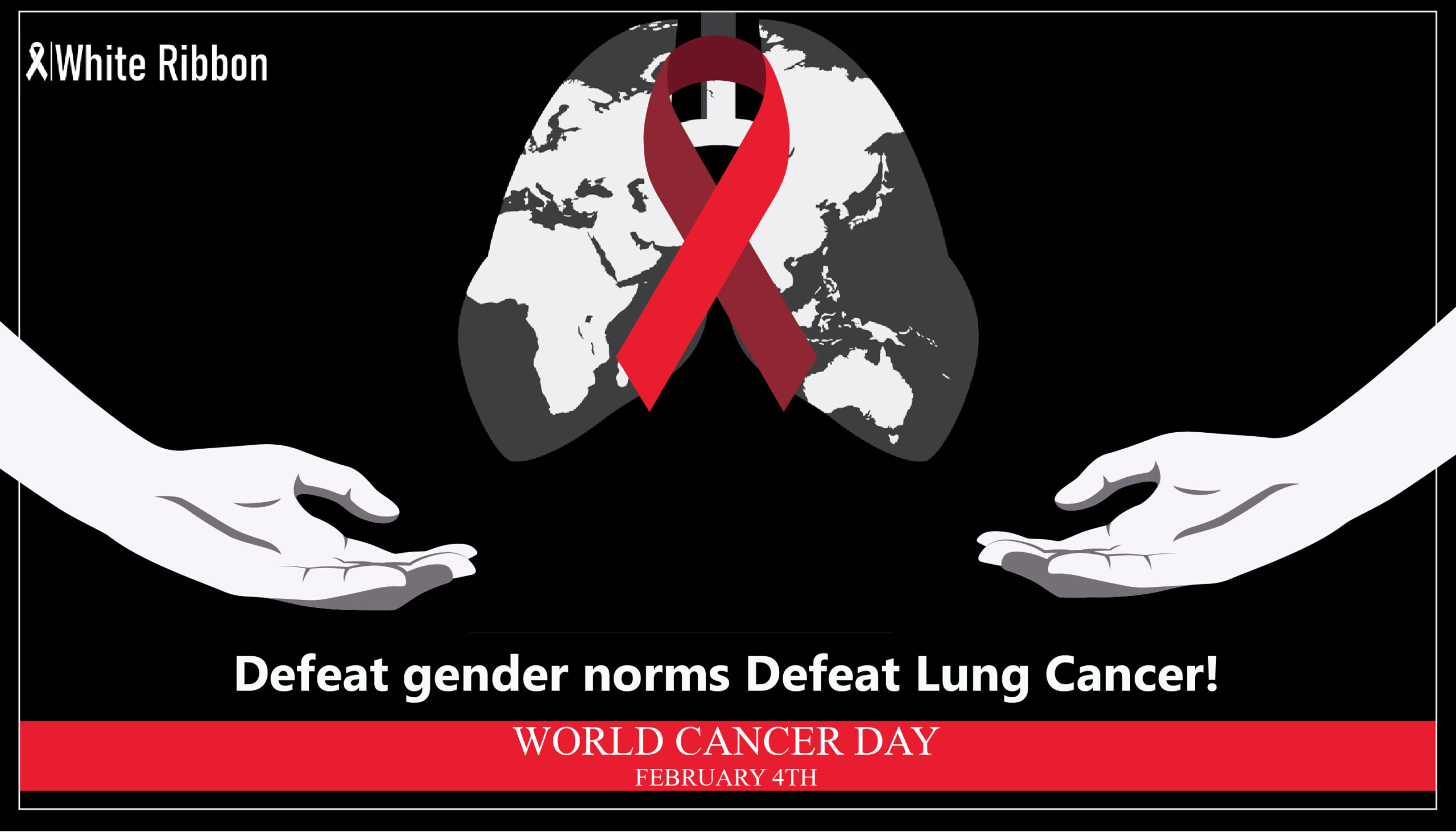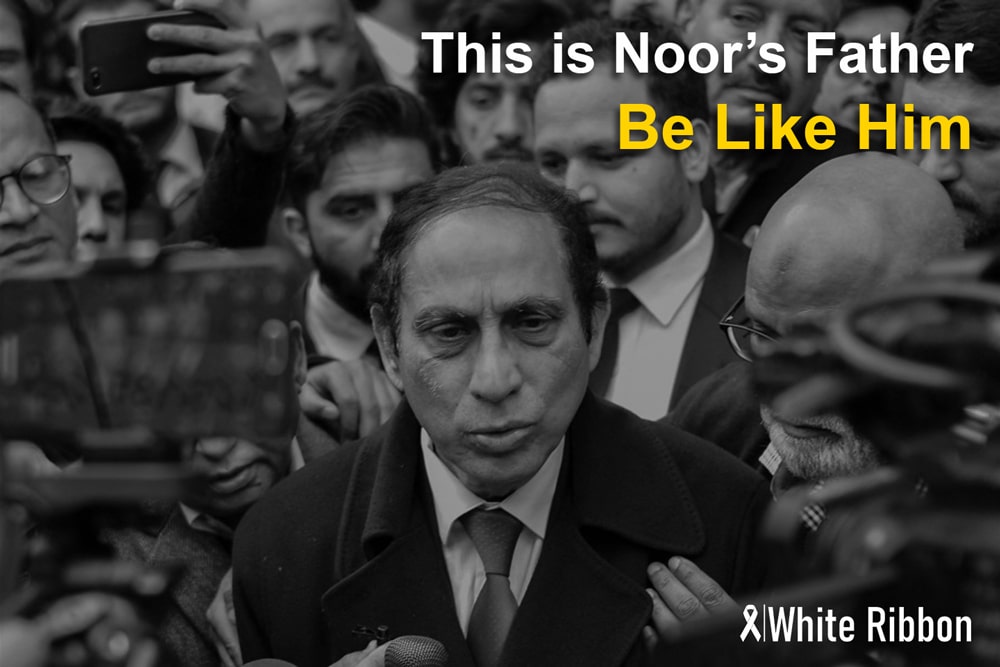
by admin | Jul 20, 2023 | Uncategorized
Abuse and violence against women constitute a deeply troubling cycle that must be addressed urgently. This vicious cycle often traps victims, leaving physical, emotional, and psychological scars. At White Ribbon Pakistan, we believe it’s vital to understand this cycle to break it. Here are the stages:
Tension-Building Phase: In this initial stage, tension gradually escalates, marked by anger, blame, and emotional abuse.
Explosion Phase: This is when the abuse reaches its peak, leading to physical or emotional violence.
Honeymoon Phase: After the explosion, the abuser may apologize and show remorse, creating a temporary sense of calm.
Reconciliation Phase: The victim often forgives the abuser, hoping for lasting change, but sadly, this rarely occurs.
Breaking this cycle necessitates education, awareness, and intervention. White Ribbon Pakistan is committed to eradicating violence against women. Join us in this crucial endeavor.

by admin | May 2, 2023 | Uncategorized
In recent years, the world has witnessed an alarming increase in sexual violence against women. This harrowing trend underscores the urgent need for collective action to combat this deeply troubling issue. At White Ribbon Pakistan, we are committed to raising awareness and advocating for change.
Disturbing Statistics: The rise in sexual violence cases is a cause for grave concern. The numbers paint a stark picture of the widespread nature of this problem.
Impact on Victims: Sexual violence inflicts severe physical and emotional trauma on survivors, often leaving lifelong scars.
Challenging the Culture: Addressing sexual violence requires challenging the prevailing culture of silence and victim-blaming.
Education and Awareness: Comprehensive awareness campaigns are key tools in preventing sexual violence.
Legal Reforms: Advocating for stricter laws and better enforcement is crucial for justice and deterrence.
Support Systems: We must establish robust support systems for survivors, including counseling, legal aid, and safe shelters.
Gender Equality: Achieving gender equality is a fundamental step towards eradicating sexual violence against women.
It’s time for society to stand up, speak out, and take concrete actions to protect women from sexual violence. Join White Ribbon Pakistan in raising awareness, advocating for change, and supporting survivors. Together, we can create a world where women can live free from the fear of sexual violence.

by admin | Apr 10, 2023 | Uncategorized
For centuries, women have been forced to choose between their careers and motherhood. However, this dilemma is not just limited to the past; even today, many women face this issue. To be forced to give up one’s dreams for the sake of another can not be regarded as anything but unfair and unacceptable. Women should not have to choose between career and motherhood. Instead, there are alternatives that women can take to maintain a balance between their professional lives and motherhood.
One of the alternatives is to negotiate flexible working hours. Many companies are now offering flexible working arrangements, such as part-time work or working from home. Women can take advantage of these options to balance their professional and personal lives. This will allow them to take care of their children while continuing to pursue their careers. Another option is to delegate some of the responsibilities to others. For instance, working mothers can hire a nanny or a babysitter to take care of their children while they are at work. They can also ask their family members or friends to help them with childcare duties. This will give them some time to focus on their work while also ensuring that their children are well taken care of.
Moreover, women can choose to work in industries or companies that prioritize work-life balance. There are many companies that offer generous maternity leave policies, on-site childcare facilities, and flexible working arrangements. Working for such companies will ensure that women do not have to compromise their careers or motherhood. Additionally, women can plan their careers around motherhood. For instance, they can delay their career advancement until their children are old enough to be more independent. They can also choose to work part-time while their children are young and then transition to full-time work once their children are in school.
Furthermore, women must prioritize self-care. Taking care of oneself is crucial for maintaining a balance between work and motherhood. Women can take time off from work to relax, exercise, or pursue hobbies. This will help them to stay healthy, focused, and productive in both their personal and professional lives. In conclusion, it’s time to break the stereotype that women cannot have it all. With the right support and resources, women can have successful careers and be great mothers at the same time.

by admin | Mar 28, 2023 | Uncategorized
Men have higher rates of lung cancer. Much of the responsibility for this can be dedicated to unhealthy gender roles that have traditionally encouraged men to smoke at higher rates. Smoking is a leading cause of lung cancer, and men have been marketed tobacco products more aggressively and have been socially conditioned to view smoking as a sign of masculinity. Additionally, men have been observed to be less likely than women to seek preventive health care and more likely to delay seeking medical attention when symptoms appear, which can also contribute to higher rates of lung cancer and other health problems.
Additionally, occupational exposure to cancer-causing agents, such as asbestos and other chemicals, is often higher among men who work in certain industries. These factors, combined with a greater overall rate of exposure to environmental toxins, can increase a man’s risk of developing lung cancer. However, it is important to note that there are also many other factors that can contribute to lung cancer, including genetics and other lifestyle factors.
While the risk posed by occupational exposure and genetics is almost uncontrollable, the proportion at risk due to societal standards can definitely be averted. Although a number of socioeconomic and psychological factors play role in increasing the rate of lung cancer among men, unhealthy gender stereotypes stand at the top of the list. Encouraged either directly by peers or indirectly through social norms, men may be more likely to smoke tobacco and engage in other unhealthy habits such as excessive alcohol consumption, due in part to cultural expectations and norms that promote risky behavior.
Destroying unhealthy gender norms is therefore directly related to preventing lung cancer. Further, promoting a healthy lifestyle and encouragement to seek medical and psychological help can lead to a more inclusive and supportive society, which can have positive impacts on mental and physical health including reducing stress and improving overall well-being, as well as on people stuck in smoking habits. This will further help reduce the risk of cancer as chronic stress and poor mental health have also been linked to an increased risk of chronic diseases, including some types of cancer. So this World Cancer Day, White Ribbon takes an oath to challenge such toxic gender norms and save people from the toxic gender expectations and stereotypes that are causing irreversible damage to our society.

by admin | Mar 24, 2023 | Uncategorized
The tragic murder of Noor Mukaddam has once again highlighted the issue of violence against women in Pakistan. However, the response of Noor’s father to her death has sent a powerful message to Pakistani men about their role in addressing such issues. His stance throughout the case has shown that men who claim any sort of responsibility towards the women related to them, must ensure to stand up against the world for the honor and dignity of those women. Zahir Jaffer’s death sentence is a powerful reminder that perpetrators of violence can be and must be held accountable for their actions regardless of their social status. Fighting rigorously and bringing Zahir to his well-deserved end, Mr. Shaukat Mukaddam has conveyed that it is time to stop blaming women for the violence that they face. Rather it is time that the culprit alone is seen as a source of dishonor.
The way Noor Mukaddam’s family has responded to this tragedy has set a new standard for families of victims of violence. By refusing to accept the notion that a victim of abuse is a disgrace, Noor’s family, especially her father has demonstrated that the real shame lies with the abuser and their supporters. The father has owned his daughter in the truest sense. He has shown that a woman’s worth is not determined by the circumstances of her abuse, but by her inherent dignity and humanity. This message is especially important in a culture where victims of abuse are often blamed for the actions of their abusers. To conclude here, Noor Mukaddam’s murder was horrific beyond brutality, but her father’s response has shown that there is hope for change in Pakistan.





